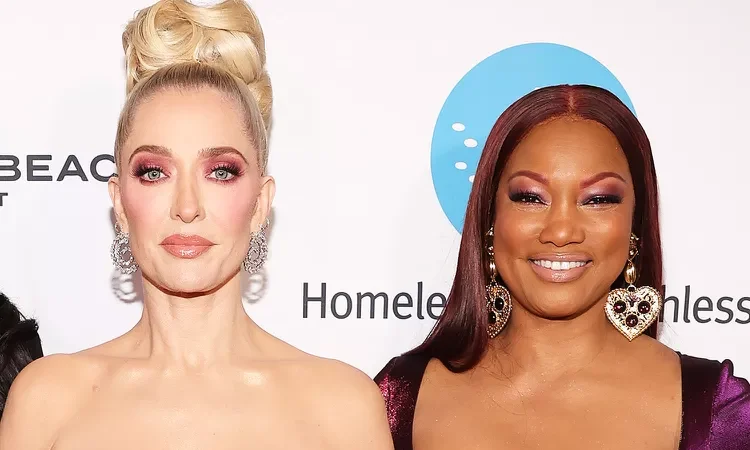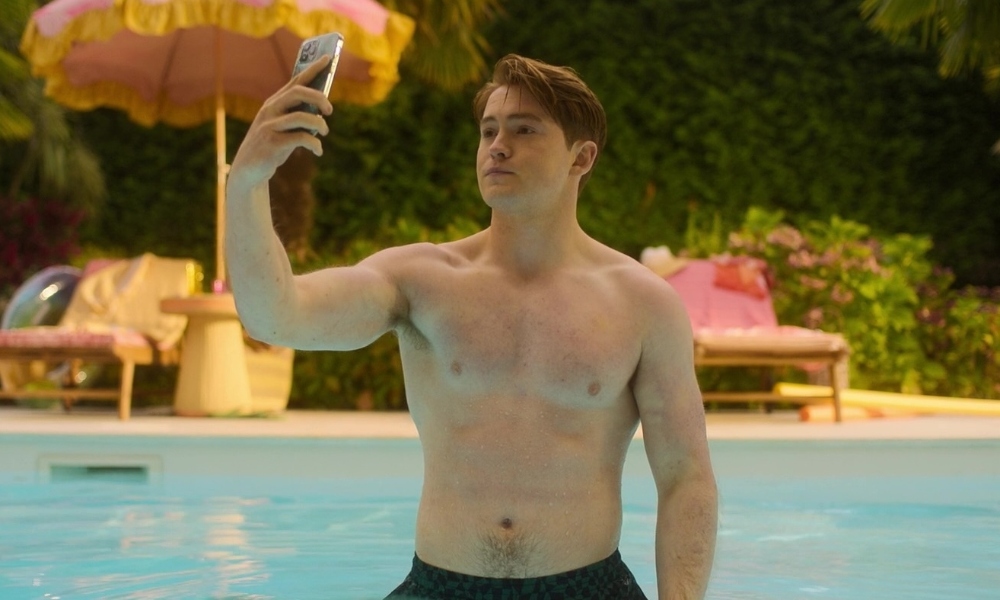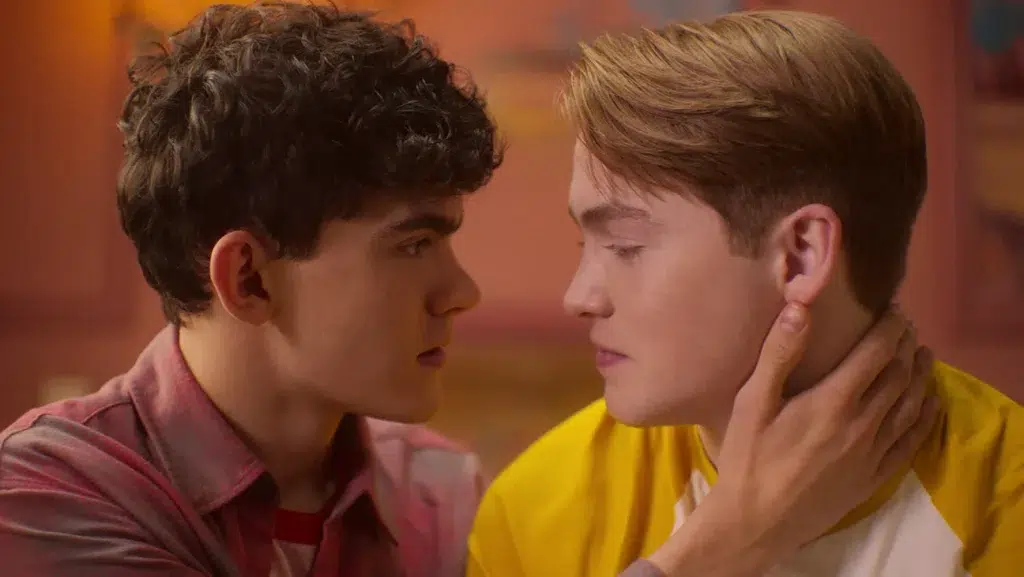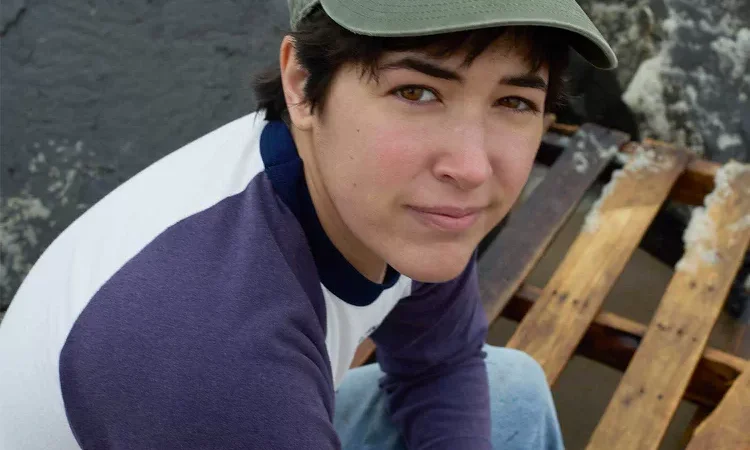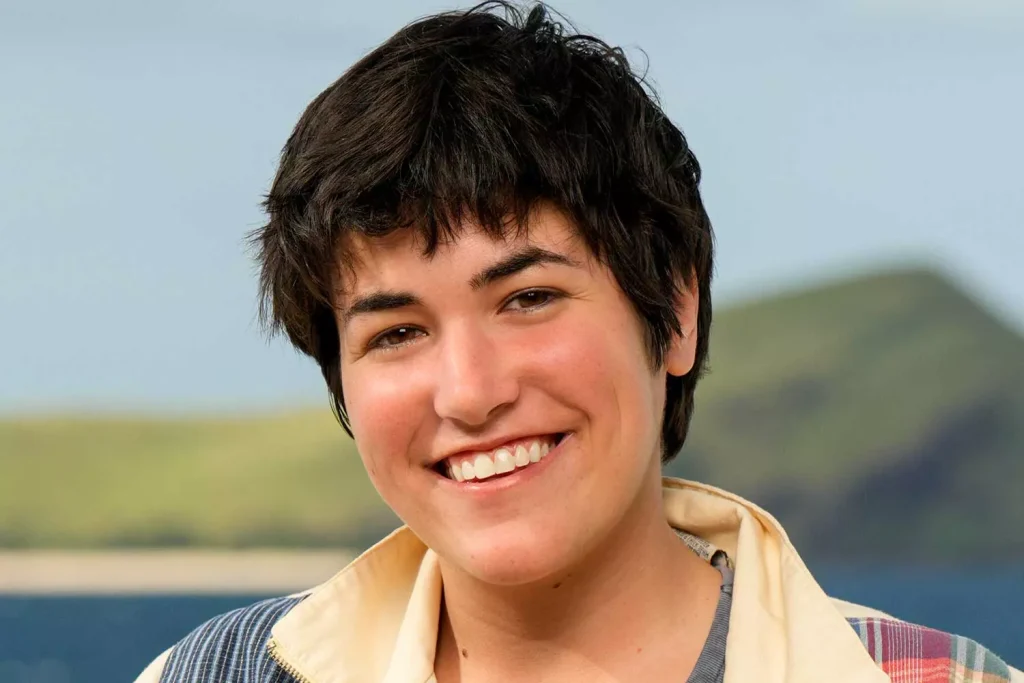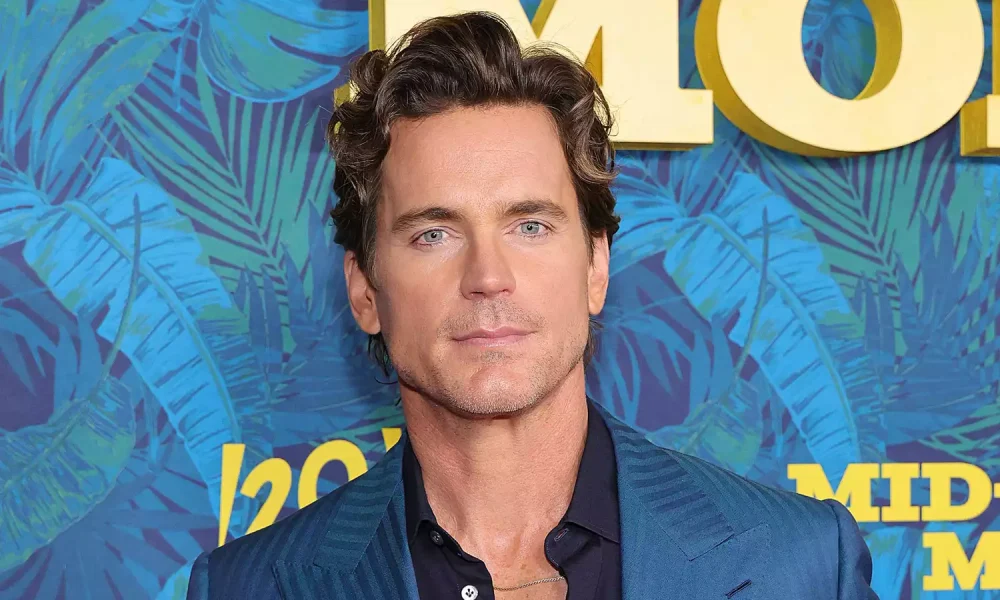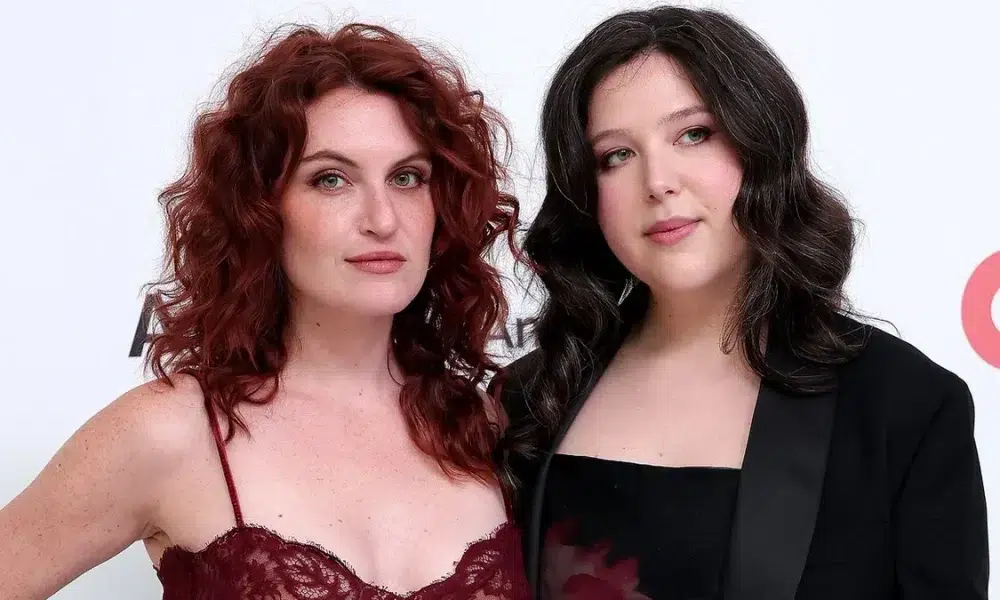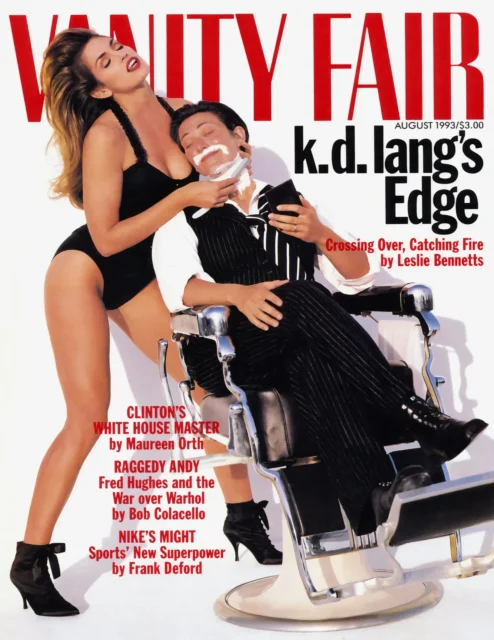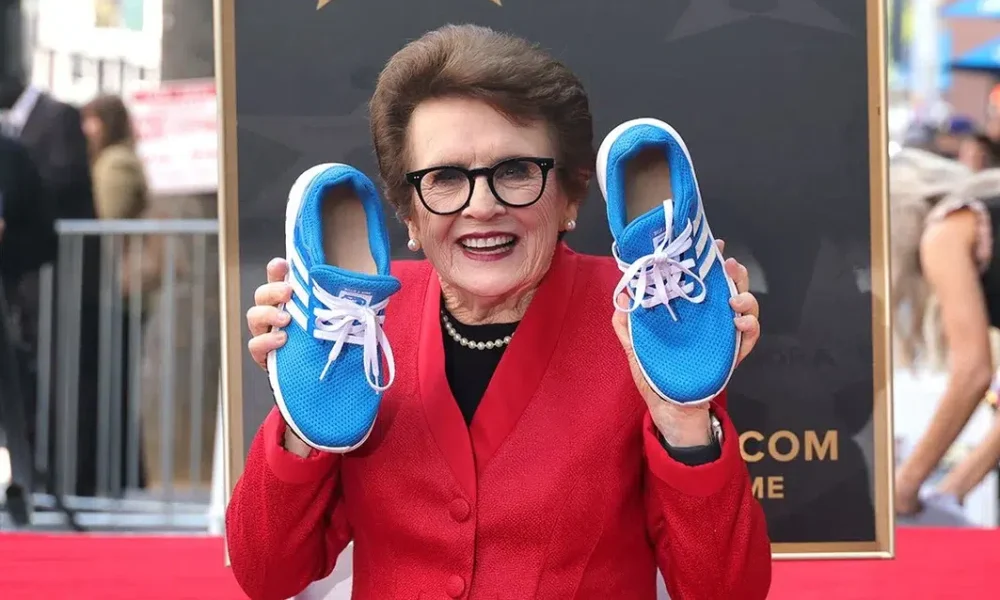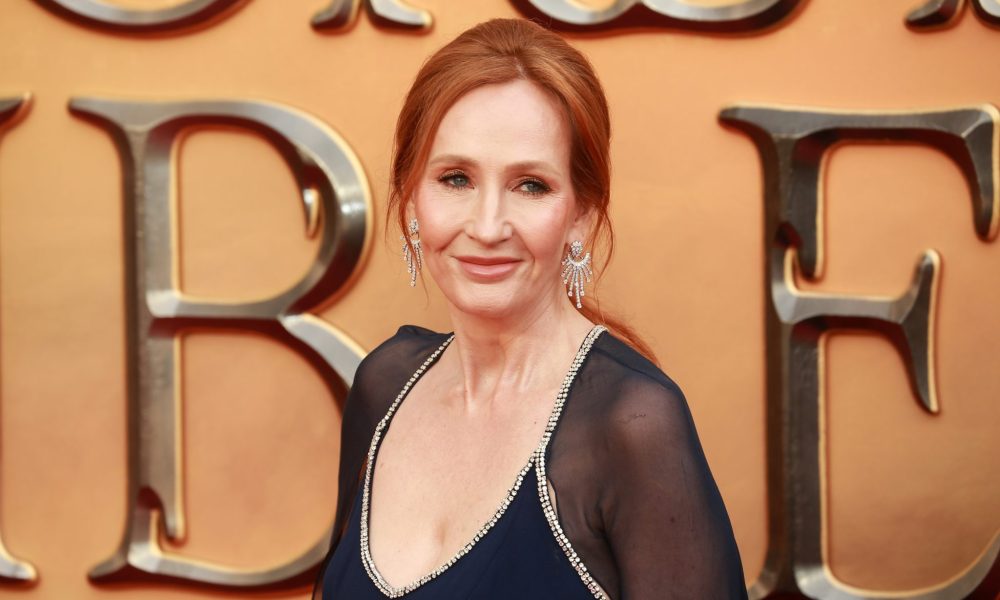Erika Jayne may have fallen short of winning The Masked Singer Season 13, but she walked away with something arguably more valuable: a renewed connection to her craft—and a candid perspective on her often-complicated relationships, including her fractured friendship with former Real Housewives of Beverly Hills co-star Garcelle Beauvais.
Jayne, 53, was unmasked on the Wednesday, April 9 episode of the popular Fox series after performing under the guise of “Yorkie,” a sparkly, energetic costume that matched the performer’s larger-than-life persona. She sang The Supremes’ “Stop! In the Name of Love” and Otis Redding’s “Hard to Handle” in a Battle Royale against Nessy but narrowly missed out on joining the season’s “Lucky Six.” “It was my goal every night to get out there and fully inhabit the Yorkie,” Jayne told PEOPLE following her elimination. “I did it from the moment I stepped in the costume to the moment I took it off.”
While the experience allowed the singer, actress, and reality star to lean into her passion for performing, it also gave her a rare opportunity to step back from the scrutiny she’s faced in recent years—and reflect on both her personal growth and her evolving relationships, including the tension with Beauvais.
Anonymity, Joy, and a Return to the Stage
Jayne described her time on The Masked Singer as creatively liberating. Behind the mask, she says, she was free to perform without being weighed down by public expectation or personal drama.“I felt really free behind the mask and inside the costume,” she said. “It was pure fun—something I hadn’t felt in a long time.”
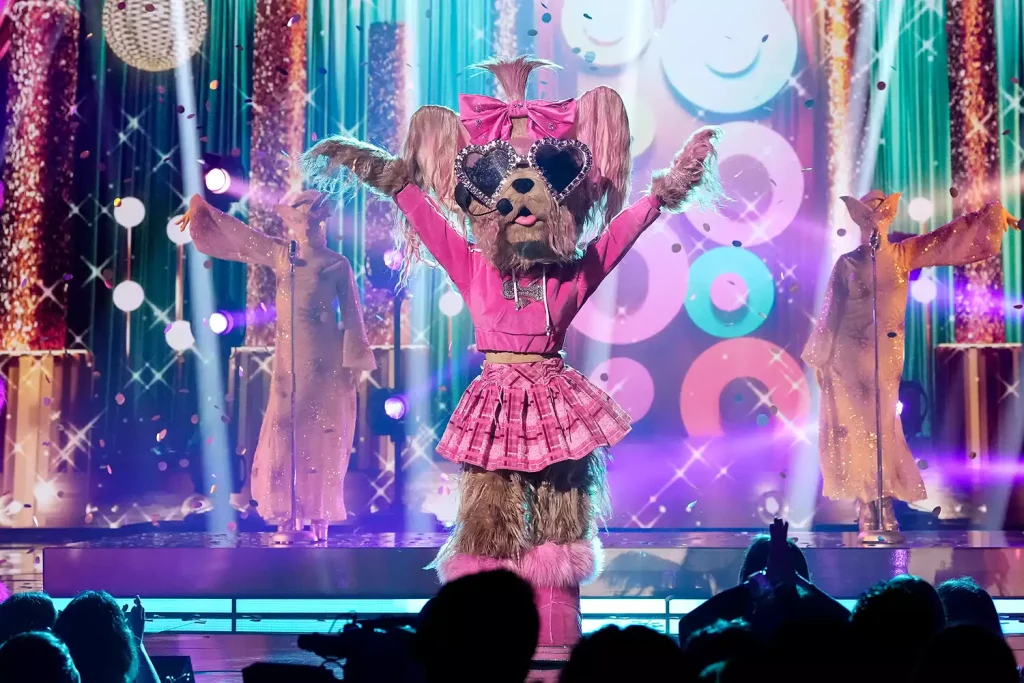
Performing songs outside her usual repertoire, including “Step by Step” by New Kids on the Block, Jayne said she welcomed the chance to explore new musical styles. Though the costume was physically challenging—layered, hot, and topped with a nearly eight-pound mask—she leaned into the experience with enthusiasm. “The costume made the personality come to life,” she explained. “I was able to fully commit to being this adorable Yorkie, and that was part of the magic.”
Real Housewives Tension and a Friendship on Pause
While her time on The Masked Singer offered a welcome creative outlet, Jayne hasn’t been able to escape ongoing questions about her personal life, particularly her strained dynamic with Garcelle Beauvais. The former friends and castmates exchanged sharp words earlier this year after Beauvais announced her departure from The Real Housewives of Beverly Hills and made pointed remarks about Jayne on Watch What Happens Live. “Listen, people have to do what’s right for themselves,” Jayne said. “As far as my response, I was reacting to what she said—‘F— Erika’—the week before. So I gave my response.”
Jayne’s clapback drew attention from Bravo fans and reignited speculation about whether their friendship is beyond repair. “Do I think our relationship can be repaired? I have no idea,” she admitted. “That’s something only time—and maybe circumstance—will reveal.”
She didn’t rule out the possibility of Beauvais returning to RHOBH as a friend of the cast or re-entering the franchise in some capacity. “That’s certainly an option,” Jayne said, leaving the door open. “We’ll see how it plays out.”
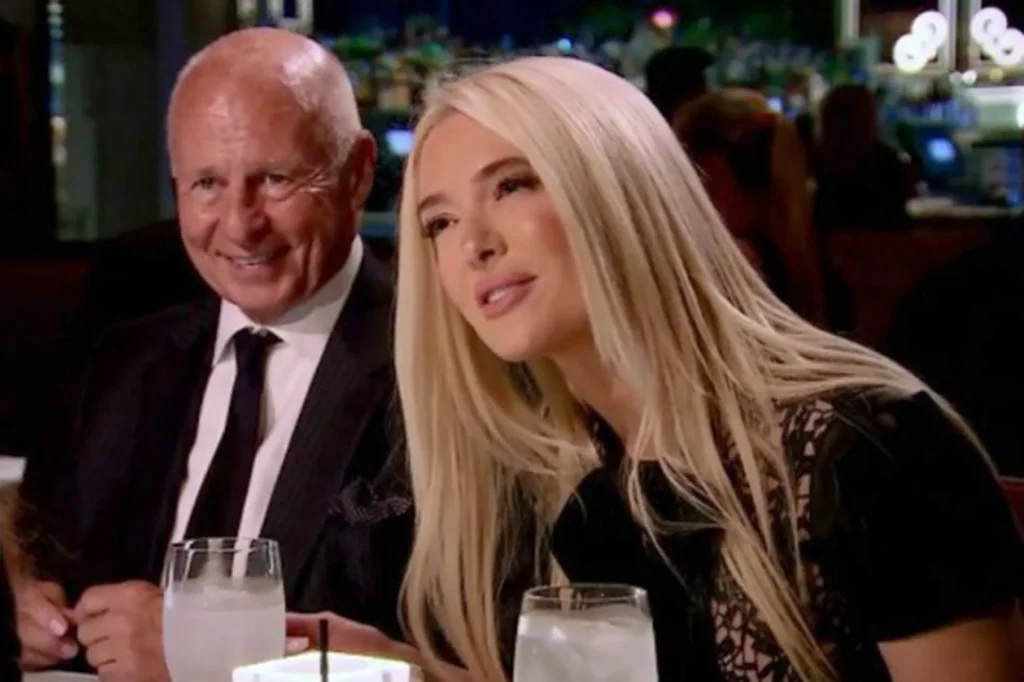
The once-strong friendship between Jayne and Beauvais began to unravel during their shared time on RHOBH, with public feuds and on-screen tensions fueling fan speculation. For Jayne, the drama has been both professional and deeply personal, especially during her ongoing legal and emotional challenges stemming from her divorce from former attorney Tom Girardi.
Guarding Her Heart and Moving Forward
Jayne’s final clue package on The Masked Singer referenced emotional resilience and the importance of self-protection—an open nod to the personal turmoil she has endured since filing for divorce in 2020 and becoming embroiled in Girardi’s legal scandals. “Going through what I’ve gone through in public and personally, I think that I’ll always protect my heart,” she said. “It’s not about being closed off—it’s about being careful.”
Despite the chaos, Jayne said she’s focused on rebuilding, step by step, and that music and performance remain central to her identity. “I’m always creating,” she said. “I’ll be performing at London’s Mighty Hoopla festival in June. Maybe I’ll go back to Broadway—you never know.”
A Career Beyond the Headlines
Jayne’s tenure on The Real Housewives of Beverly Hills has shaped her public image, but she remains driven by her artistic roots. The Pretty Mess singer has toured internationally, released dance-pop hits, and appeared on Broadway—all of which she plans to continue. “Reality TV is what people most associate me with these days,” she acknowledged. “But what I’ve felt this year, more than anything, is support from people who are watching me reclaim my life and find peace again.”
The Takeaway from The Masked Singer
While Jayne didn’t take home the Golden Mask Trophy, she said her time on the show was exactly what she needed: a chance to perform with joy, explore new artistic territory, and step away from the noise. “I’m not disappointed at all,” she said. “I did what I came to do, and I had an amazing time doing it.”
As for what’s next, Jayne is keeping her options open—but one thing is certain: whether on stage, on television, or in the recording studio, she’s not done telling her story. “This year has been about taking control, leaning into the things I love, and moving forward,” she said. “Whatever happens next, I’m ready for it.”
